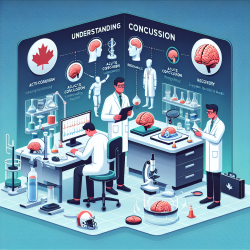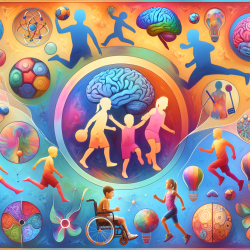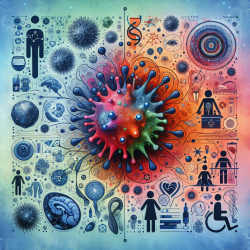The Toronto Concussion Study offers valuable insights into the characteristics and recovery trajectories of adults seeking care following an acute concussion. Conducted between 2016 and 2020, this study provides a comprehensive look at the factors influencing recovery from concussions in a general population cohort. As practitioners, understanding these findings can enhance our approach to managing concussions and improve patient outcomes.
Key Findings from the Study
The study followed 473 adults diagnosed with acute concussion over 16 weeks. Key findings include:
- Mechanisms of Injury: Falls were the most common cause of injury (29%), followed by sports-related activities (25.2%). Gender differences were noted, with males more likely to sustain injuries during recreational sports or violence-related incidents, while females were more prone to injuries from falls.
- Symptom Burden: A higher initial symptom burden was associated with longer recovery durations for both genders. Females reported more severe symptoms and had a longer mean recovery time (6.50 weeks) compared to males (5.45 weeks).
- Pre-existing Conditions: A significant number of participants reported pre-existing diagnoses of depression and anxiety, which correlated with higher initial symptom scores but did not directly affect the duration of symptoms.
Implications for Practitioners
The findings from The Toronto Concussion Study underscore the importance of personalized care in managing concussions. Here are some practical takeaways for practitioners:
- Assess Initial Symptom Burden: Early identification of high symptom burden can help predict prolonged recovery times. This allows practitioners to tailor interventions accordingly.
- Consider Gender Differences: Recognizing that females may experience more severe symptoms and longer recovery times can guide practitioners in providing gender-sensitive care.
- Address Pre-existing Conditions: While pre-existing psychological conditions may not prolong recovery, they contribute to initial symptom severity. Providing support for these conditions can improve overall patient care.
Encouraging Further Research
The study highlights several areas where further research could be beneficial. Understanding why pre-existing psychological conditions do not directly affect recovery duration could lead to improved management strategies. Additionally, exploring why the general population experiences longer recovery times compared to athletes could inform future interventions.
The Toronto Concussion Study provides a foundation for enhancing concussion management practices. By integrating these findings into clinical practice, practitioners can offer more effective and personalized care to patients recovering from concussions.
To read the original research paper, please follow this link: The Toronto Concussion Study: a prospective investigation of characteristics in a cohort of adults from the general population seeking care following acute concussion, 2016–2020.










